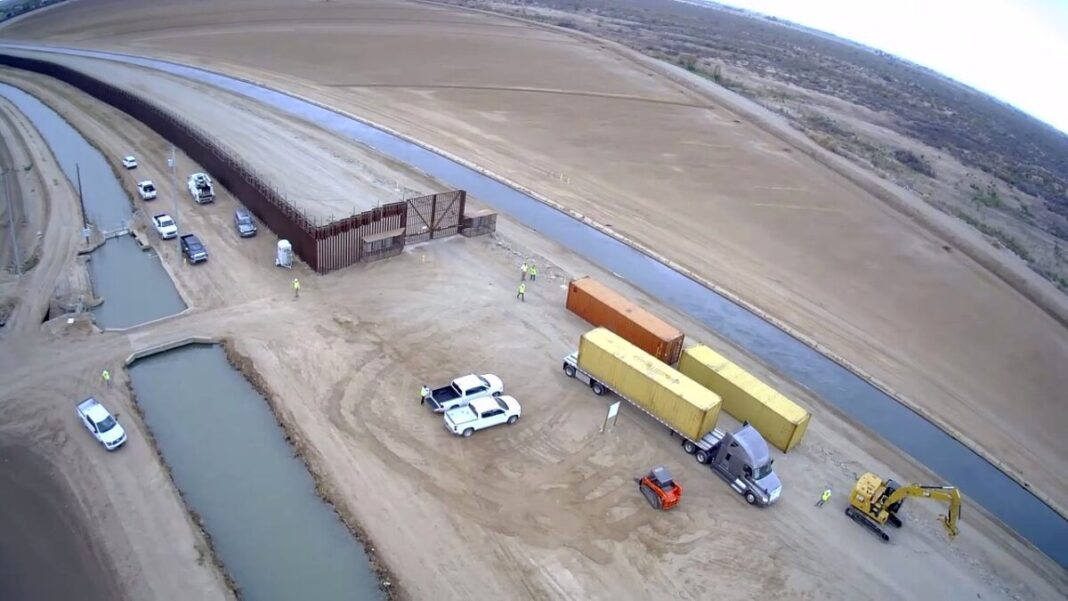The U.S. military intercepted two Russian bomber jets flying near the Alaskan coast on Oct. 17, the North American Aerospace Defense Command confirmed.
“[The] Alaskan North American Aerospace Defense Command (NORAD) Region detected, tracked, positively identified, and intercepted two Russian Tu-95 Bear-H bombers entering and operating within the Alaskan Air Defense Identification Zone (ADIZ),” a NORAD said in an Oct. 18 statement.
NORAD said U.S. Airforce F-16s intercepted the Russian bombers, which are capable of carrying nuclear weapons. Based on NORAD’s statement, it’s not clear whether the Tu-95s were armed with any weapons.
The bombers didn’t enter U.S. or Canadian airspace and stayed within international airspace, according to the statement. NORAD didn’t publish any photos or video footage of the incident.
“The recent Russian activity in the North American ADIZ is not seen as a threat nor is the activity seen as provocative. NORAD tracks and positively identifies foreign military aircraft that enter the ADIZ. NORAD routinely monitors foreign aircraft movements and as necessary, escorts them from the ADIZ,” the statement reads.
According to NORAD’s statement, it uses “a layered” network of satellites, fighter planes, and radars to track aircraft near North American airspace. NORAD stated that it can detect “what goes on in and near North American airspace 24 hours a day, seven days a week.”
“Aerospace control requires capabilities to intercept, shadow, escort, divert, direct landings, and if necessary, use force up to and including the destruction of airborne objects,” the U.S. command office stated.
Pentagon spokesperson Brig. Gen. Pat Ryder didn’t provide more details during a press briefing on Oct. 18 when he was asked about the Oct. 17 NORAD statement.
Russian officials haven’t publicly commented on NORAD’s statement. The Russian Ministry of Defense told the state-run RIA news organization that two Tu-95 planes flew over the Pacific Ocean.








